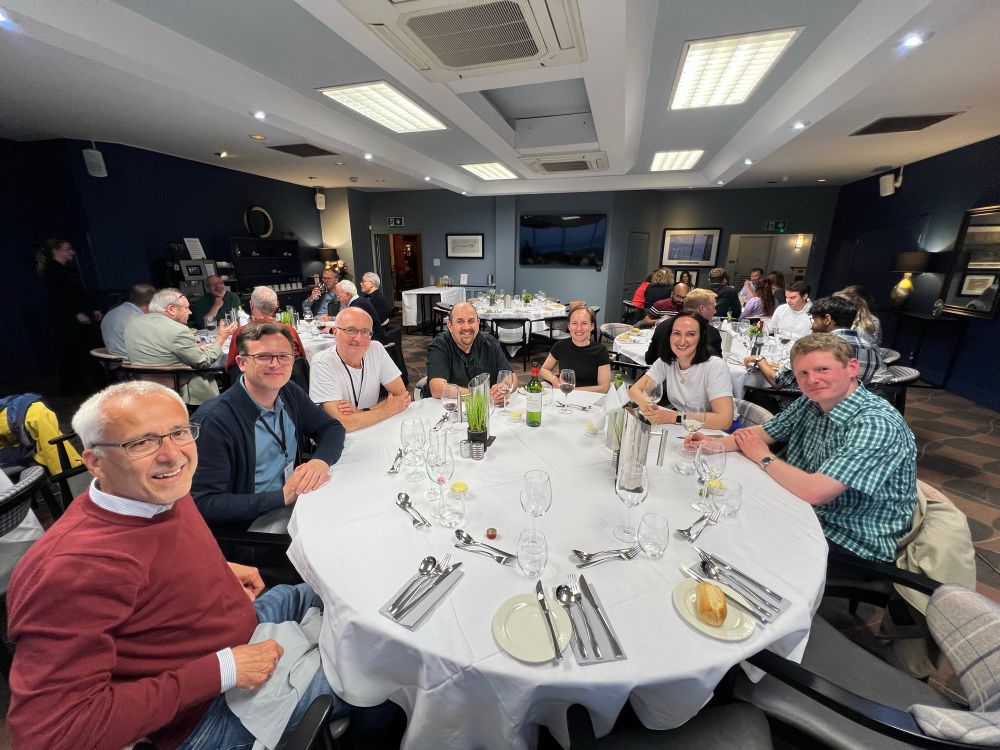Ben Hale
@benhale.bsky.social
940 followers
200 following
9 posts
Professor of Medical Virology, University of Zurich, Switzerland.
My research group studies molecular mechanisms of the interferon system, interferon deficiencies, and viral disease.
Posts
Media
Videos
Starter Packs
Reposted by Ben Hale
Ben Hale
@benhale.bsky.social
· Jun 16

Regulated localization of transposable element RNA during influenza A virus infection | EMBO reports
imageimageInfluenza A virus infection increases host transposable element (TE) expression. This
study provides evidence that some infection-induced TEs form double-stranded RNAs
that accumulate in the...
www.embopress.org
Reposted by Ben Hale
Ben Hale
@benhale.bsky.social
· May 9
Ben Hale
@benhale.bsky.social
· May 9
Reposted by Ben Hale
Reposted by Ben Hale
Reposted by Ben Hale
Reposted by Ben Hale
Ben Hale
@benhale.bsky.social
· Nov 20

Highly sensitive reporter cell line for detection of interferon types I–III and their neutralization by antibodies
Interferons (IFNs) are a critical component of innate immune defenses and limit viral disease severity. To advance studies on IFNs and their neutralization by pathogenic autoantibodies, we generated ...
doi.org
Ben Hale
@benhale.bsky.social
· May 28

Proximal protein landscapes of the type I interferon signaling cascade reveal negative regulation by PJA2 - Nature Communications
Type I IFN is vital for antiviral defense. Here, the authors use TurboID-based proximity labeling to comprehensively map the protein landscapes surrounding core IFN signaling members. Among factors un...
www.nature.com










